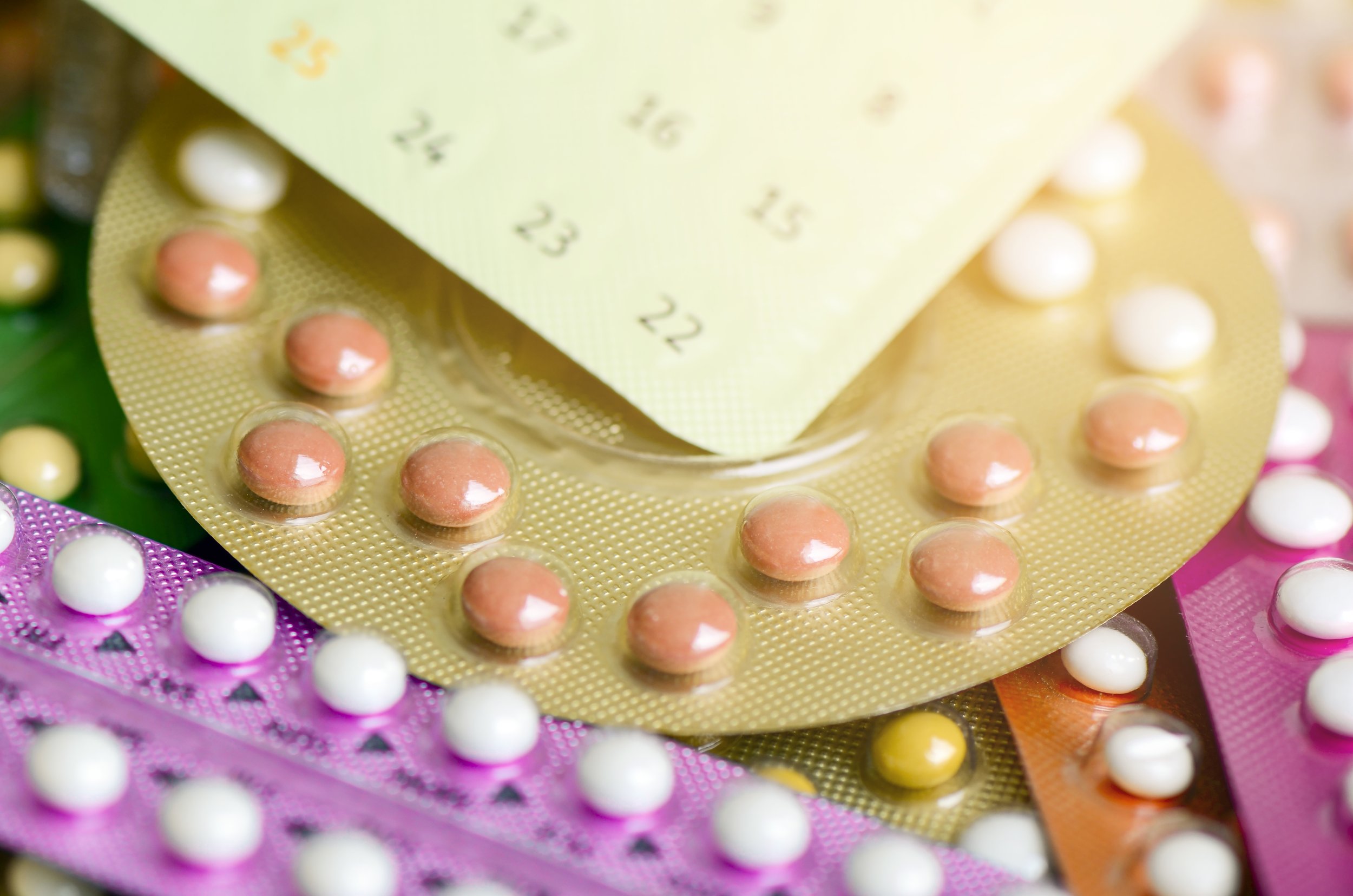My 15yr old son has just entered High School and the teen game has officially changed gears! Whoa!
Gratefully, my son seems to be navigating this time like a champ and so do many of his male friends….so far.
And yet.
It’s quite a different story for the young women.
In my own personal experience, I found the teenage years a highly intense and difficult time.
There are a lot of difficult relationships to navigate, some deep and conflicting emotions, often the relationship between mother and daughter contains great challenge, and the onset of menstruation brings with it a great big, exciting and explosive, trying and exhaustive, roller coaster ride.
I must admit, as much as I’ve always wanted a daughter, at this time, I’m a little relieved by the straight-forward & simple approach to teenage life that encompasses my son.
Many of my friends have teenage girls; I have teenage nieces; many of my clients also have teenage daughters. And the story I am hearing a lot these days is that they are easily saying yes to the Birth Control Pill to manage menses and reduce menstrual symptoms.
Which worries me.
A LOT.
For so very many reasons.
As a Mother.
An Aunt.
A Friend.
And as a Holistic Practitioner.
And I think there’s just simply not enough readily available info that covers the Pros AND Cons out there for our young women to access.
So, I’ve been inspired to share a bit on this subject, to provide a more well-rounded perspective, and to shed some much needed Holistic light on the myriad of safe and natural possibilities of managing what should be a female gift of empowerment, in a risk-free and health-supportive way!
Firstly, it’s important to discuss the Health Risks Associated with the Birth Control Pill, not only for our younger female population, but for menstruating women everywhere. It’s easy to trust the medical system, I get it, it’s also easy to turn a blind eye, go for the quick fix, and move along with life, especially when you are young and carefree and day-to-day life feels much more relevant.
And yet.
What we do with our health right now affects ALL subsequent years. And the health of growing bodies NOW will greatly impact development, immune function, energy levels, thyroid function, and essentially, all bodily systems LONG TERM.
There’s no avoiding it.
So, let’s get into it.
Why the birth control pill might not be the best answer
Hormonal birth control is the general term for all tablets, patches, and injections that deliver steroid drugs to suppress ovarian function. The combined pill (estrogen plus a progestin) is the most popular type.
Pill drugs are not Hormones: Human hormones are essential for human physiology and contribute to most reactions and mechanisms throughout the body. A natural hormonal cycle supports the healthy functioning of the ovaries and many other bodily systems. The pill does not regulate hormones, it switches them off entirely. A chemical intervention does not address any potential underlying issues involved in hormonal imbalance; it is a bandaid solution that comes with side effects and long term health detriments.
The Loss of Progesterone Production: As mentioned above, the BCP will shut down progesterone production entirely. This is problematic because the body needs progesterone. Progesterone is one of several steroid hormones made by the ovary, essential for pregnancy, but has many other beneficial functions. Progesterone improves brain health & cognition, hair health/growth, reduces anxiety & depression, manages stress, counteracts estrogen, and is beneficial for mood, metabolism, and bone health.
Progestin has Side Effects: Progestin is a general term for drugs that are similar to progesterone (progestin & progesterone are not the same thing and cannot be used interchangeably). Associated Progestin side effects include: irregular periods, headache, breast tenderness, nausea, dizziness, acne, weight gain, increased hair growth; in high dose: blood clots, heart attack, strokes, and liver disease. One of the most detrimental side effects of Progestin is that it stops the natural production of Progesterone.
Possible Reduced Fertility: Because the BCP does not address any underlying issues, it’s use may prolong fertility due to it’s masking of problematic symptoms. Once an individual discontinues use of the pill, it may take longer to conceive because contributing issues and imbalances will need to be addressed first. Furthermore, the use of the BCP has been associated with the thinning of the uterine lining, which may make it more difficult to have healthy implantation.
Nutrient Deficiencies: Use of the the BCP has been associated with nutrient deficiencies such as B6, B12, folate, magnesium, and zinc, among others.
Depletes Antioxidant Activity: Use of the BCP has been associated with depletion of certain antioxidants, such as CoQ10, selenium, vitamin E, vitamin C.
Possible Risks & Side Effects: Increased breast cancer risks, blood clots, depression, anxiety, mental & mood imbalance, loss of sex drive, hair loss, and weight gain.
Diet & Lifestyle Approaches for Managing premenstrual symptoms
Reduce Inflammatory Foods: Reduction in inflammatory foods such as: sugar, dairy, gluten, processed foods, chemical food additives & preservatives, and overconsumption of meat, can greatly affect how much associated inflammation occurs during the female cycle. Minimizing these foods particularly during the week leading up to menses and during, and also throughout the entire monthly cycle, can have positive effects.
Increase Anti-inflammatory Foods: To counteract the effects of increased inflammation during the monthly cycle, including anti-inflammatory foods regularly, such as: leafy greens, turmeric, ginger, garlic, cruciferous vegetables, flaxseeds, seaweeds, and most vegetables, can have a positive influence on unwanted symptoms.
Reduce Alcohol: Alcohol can increase the production of both estrogen and testosterone in the body. Too much of either can exacerbate PMS symptoms, especially mood swings and irritability. It also impacts the balance of prostaglandins, which can worsen cramps. Alcohol can impair the healthy metabolism of estrogen and can also lower progesterone levels. Reducing or omitting alcohol can greatly affect unwanted premenstrual symptoms.
Manage Stress: Stress impacts hormonal pathways in the body, which can affect the hormones that control the menstrual cycle, potentially leading to irregular or more painful periods — or even pause the menstrual cycle entirely. Regular stress management techniques can help support and calm the nervous system: meditation, yoga, breath work, gentle exercise, and time in nature.
Regular Exercise: Regular exercise has been associated with a reduction in physical and psychological symptoms of PMS including pain, fatigue, mood disturbances, and water retention. Furthermore, exercise has demonstrated its potential to enhance overall well-being and mitigate the negative effects of PMS on daily functioning.
Supplements & Herbal Medicines
Supplement Disclaimer: While it’s always the ideal approach to use food as medicine first and foremost, sometimes we can use a little clinical support through strategic supplementation. I will first mention that it’s important to work with a Health Professional to help you find the right supplements, in the proper form, and in the appropriate dosage for YOU in order to get the benefits that you hope for through the use of supplementation.
Magnesium: Improves PMS symptoms dramatically by aiding in the manufacture of steroid hormones, including progesterone. It normalizes the actions of progesterone on the central nervous system, reduces inflammation, regulates the stress response, and enhances GABA (calming neurotransmitter) activity
Food Sources: nuts, seeds, dark leafy greens
Dosage: 300mg magnesium glycinate daily before bed
Zinc: Prevents period pain by inhibiting prostaglandins (group of lipids made at sites of tissue damage or infection that are involved in dealing with injury and illness) and inflammation
Food Sources: oysters, eggs, pumpkin seeds, dark chocolate, cashews, legumes
Dosage: 9mg/d
Turmeric: Beneficial for period pain, heavy periods, adenomyosis, and endometriosis, it reduces prostaglandins and inflammation
Food Sources: fresh or dried turmeric
Dosage: 1.5g/d
Viamin B6: Effective for PMS & PMDD. Essential for the synthesis of both progesterone and GABA, reduces inflammation, assists with healthy detoxification of estrogen, is a natural diuretic, relieves histamine intolerance
Food Sources: bananas, eggs, chickpeas, spinach, avocado, sunflower seeds, salmon
Dosage: 20 – 150mg/d divided (longterm supplementation above 200mg not recommended)
Vitex Agnus-Castus/Chaste Tree/Chasteberry: Safe & effective treatment for PMS & PMDD. Inhibits pituitary hormone prolactin, enhances ovulation & progesterone, calms the nervous system
Dosage: 200 – 1000mg/d in the morning before breakfast
Selenium: Key nutrient for progesterone production, essential for formation & integrity of the corpus luteum.
Food Sources: seafood, organ meats, brazil nuts, salmon
Dosage: 100 – 150mcg/day
Hopefully this article has shed some light on some of the issues associated with the Birth Control Pill AND has also provided some guidance around Holistic Alternatives. Remember that every health decision is an individual decision - what the person beside you chooses, might not be the right choice for you. AND the more informed you are, the better capable you will be to make a choice that supports your health now and long term.
If you’re looking for further information & guidance around the female cycle and associated imbalances, join me for my Hormone Harmony for Women workshop coming up at the end of September!
Happy Cycling My Friends ❤︎
References:
Period Repair Manual, Lara Briden ND
The Happy Hormone Guide, Shannon Leparski
Examine.com
Natural Medicines & Therapeutic Research



